Public places in Seoul were largely empty at the time, with the great masses afraid of inhaling a gulp of MERS-tainted air and staying home. Schools and hagwons were closed by the thousands; cafes were deserted; tourist spots, likewise. The TV news at the time consisted of wall-to-wall MERS coverage, as more infected persons were discovered and some began to die. A war panic, without the war.
Anti-government protestors, though, kept vigil, as they always do, at the broad avenue in front of Gwanghwamun [광화문] in central Seoul. As so many of those normally out and about were hunkering down during the MERS Panic, these protestors were more visible than usual. I was there. I was not particularly afraid of MERS and used the opportunity to take full advantage of the emptiness of the streets. (The final MERS death toll was 36, almost all of them elderly; I don’t think there was ever evidence of any sustained general airborne transmission.)
I recall vividly two things from Gwanghwamun on that MERS days: (1) The unusual daytime silence, and (2) The handful of predictably dour protestors, some masked to prevent MERS. One of the protestors’ placards had the word THAAD on it. “What’s THAAD?” The placard called for U.S. military expulsion from Korean soil. I guessed THAAD must be something the U.S. military was doing. (See post-318, “A Glance at the Gwanghwamun Protestors, “. I will repost the photo here:)

My impression in mid-2015 was that THAAD had very low awareness in the Korean public mind, and Koreans I asked about it had never heard of it. By this summer (2016), a year later, it has become perhaps the top international political story in Korea, and a significant one for East Asia as a whole.
China has been publicly resentful of THAAD.
The Korean Democratic Party organized a visit to reassure China about THAAD, sending some of its top parliamentary figures. The visit may not have achieved much, according to a news report which I will translate here:
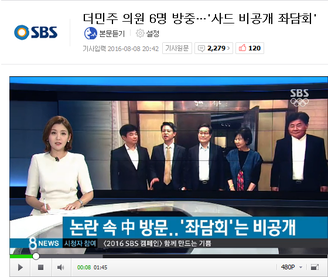
From SBS News. Story here, with video
|
더민주 의원 6명 방중…’사드 비공개 좌담회’
<앵커> 더불어민주당 소속 의원 6명이 논란 속에 2박 3일간의 사드 관련 중국 방문 일정을 시작했습니다. 중국에 도착한 의원들은 당내에서도 엇갈리는 찬반 논란이 부담스러웠던지 베이징대 교수들과의 좌담회를 비공개로 열었습니다. 베이징 편상욱 특파원이 보도합니다. Six Democratic Party Representatives in China for Closed-Door Talks on THAAD [Translated by Peter] August 8th, 2016 <Anchor> Amid the controversy over THAAD, six representatives of the Democratic Party have begun a three-day official visit to China. Despite the division within the Democratic Party itself over this issue, the party reached an agreement to hold closed-door talks with Chinese academics on the matter. Our Beijing correspondent Pyun Sang-Wook reports. |
|
[김병욱/더불어민주당 의원 : 한중간의 관계가 중요하죠. 지금까지 잘 발전돼왔고, 앞으로도 좀 더 보다 성숙된 모습으로 발전하기 위해서….]
[Kim Byung-Wook / Democratic Party National Assembly Member: “Korean-Chinese Relations are, of course, important. They have been developing well. Moving forward, we intend to improve ties even more and develop a more mature relationship…”] |
|
하지만 공항엔 중국 기자가 단 한 명도 나타나지 않았습니다. 한국 야당 의원들의 방중을 연일 대서특필하던 중국 관영 언론의 태도와는 사뭇 다른 것입니다.
But in fact not a single member of the Chinese media appeared at the airport. Past official visits by Korean opposition figures received headlines in the Chinese state media. The reception this time stands in marked contrast. |
|
도착 첫 일정은 베이징대 교수들과의 간담회였습니다. 주제는 한반도 사드 배치 등 한·중 간 안보 현안이었습니다. 민감한 주제를 감안한 듯 3시간 동안의 간담회는 전면 비공개로 진행됐습니다.
The first item on the agenda: A round-table discussion with academics at Beijing University. THAAD deployment on the Korean Peninsula was one of the topics discussed, as were others related to ROK-Chinese relations and security. The sensitive nature of topics under discussion meant that the three-hour-long talks were held behind closed doors. |
|
[박 정/더불어민주당 의원 : 사드가 배치되는 과정에서 소통 부재가 제일 컸다. 두 번째는 양국의 언론들이 너무 이 문제를 키운 게 없잖아 있다 이런 말씀을 (베이징대 교수들이) 하셨습니다.]
[Park Jung / Democratic Party National Assembly Member: “The biggest problem in this whole THAAD matter is the lack of communication. The second problem, according to the esteemed Chinese academics with whom we spoke, is the press — in both our countries the press bears some of the responsibility for this problem.”] |
|
인민일보 자매지인 환구시보는 청와대가 ‘사드 배치로 한중 관계를 긴장시킨 책임을 북한과 중국에 전가하는 건 적반하장’이라는 내용의 칼럼을 실었습니다.
The Global Times, an organ of the Chinese People’s Daily, published an op-ed saying that Seoul is damaging ties with China through THAAD deployment. It accused Seoul of hypocrisy and bad faith in accusing China and North Korea of being in the wrong, using a Chinese proverb [적반하장, 賊反荷杖, “Thief Instead Scolds”] in which a thief scolds his victim rather than being scolded himself, comparing Seoul to the thief. |
|
하지만 나머지 관영 언론들은 연일 맹공을 퍼붓던 사드 문제에 대해 오늘은 자제하는 모습을 보였습니다. 중국이 사드 공세의 속도 조절에 나선 건 지, 좀 더 지켜봐야 할 것으로 보입니다.
베이징에서 SBS 편상욱입니다. But the relentless attacks by the Chinese state media seem able to be brought under control. The pace of China’s attacks on THAAD may soon start to be reigned in. We have to wait and see how the situation develops. In Beijing, this is Pyun Sang-Wook reporting. |
1.) The Democratic Party of Korea (더불어민주당) is, curiously, is still called the “opposition party” [야당] in the Korean press despite winning more seats than the government party (Saenuri Party 새누리당) in the April 2016 election. No party now has a majority.
2.) I recently re-read the first-ever account of Korea written by a Westerner, the journal of Hendrik Hamel [published 1658]. I can’t help but be reminded by this Korean delegation of the regular tributary visits and payments that Chosun Korea made to China. Hamel talks about these some length in his book. (Hamel and the other shipwrecked Dutchmen were held against their will in the Kingdom of Chosun [i.e., Korea], and the Chosun king was very afraid of the Chinese learning about the Westerners. He locked them up when a Chinese delegation visited.)
3.) Whether you agree that a walk down the above path of historical analogy is valid or not, at least you’ll agree that this THAAD issue is a metaphor for bigger things.
4.) A similar deployment just twenty-five years ago would never have generated a high-profile official state visit to China no matter how angry China was — I say this with certainty because until August 1992 there were no official ROK-PRC relations at all and thus no official state visits.
5.) Say unification occurs. Unified Korea would share a long border with Manchuria, China. Some Koreans feel that they have historical claim to parts of Manchuria.
I have known some ethnic Koreans from China [조선족] who have come to Korea. One, born in the 1970s, is married to my friend M.P., now in Texas. Another, P.G.H., a male born in 1988, gave up on Korea in late 2015 and returned to China because the jobs he was getting were of the “handing out flyers” sort. His Korean was rather worse than mine. The reason he gave us, though, for giving up on Korea, was that all his friends were in China. Another ethnic-Korean-from-China, K.J.H., born 1991, majored in linguistics in China, briefly taught English there (though we have only ever spoken Korean and she says she knows English only ‘academically’) and got TOPIK-6 (the highest Korean level) after coming to South Korea last year. She says she can’t understand most of the TV news, which makes me feel relieved. These ethnic-Koreans-from-China seem certainly culturally more Chinese, but they may seem something different to Chinese, I don’t know.
Anyway, this pool of Koreans-in-China is several million strong.
I was once handed a leaflet in front of Tapgol Park in Jongro, Seoul [종로 탑골공원앞] by a thin and grinning ajeosshi in his fifties or so, the type you’ll find somewhere on a mountain trail on a sunny Saturday drinking magkeolli alcohol. Why did he give me, an obvious racial foreigner, his four-page-long Korean-language leaflet? I’m glad he did, but he’d not have been able to know I could read it. The rambling treatise, as far as I could understand it, called for “reclamation” of “our land.” This would mean parts of the Chinese provinces of Jilin and Liaoning on the below map, and maybe even some of southern Heilongjiang:

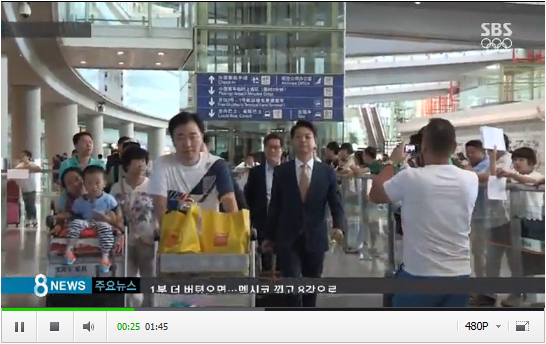
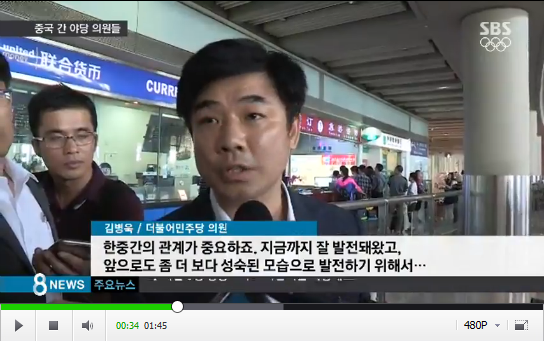
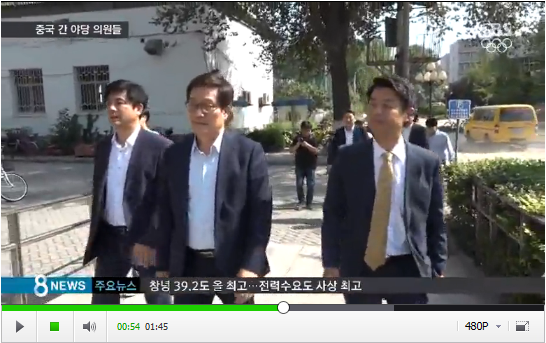
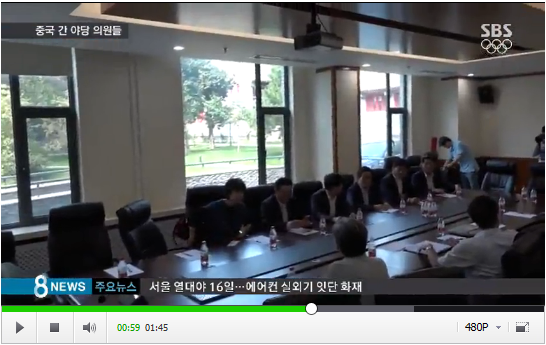
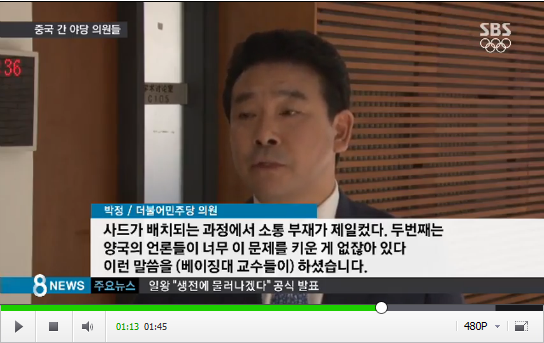
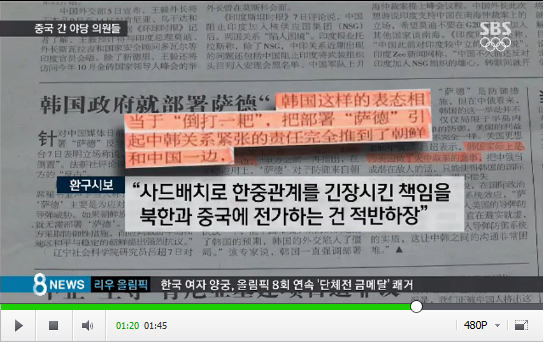
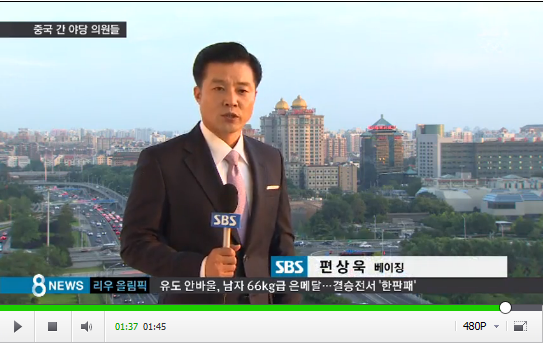
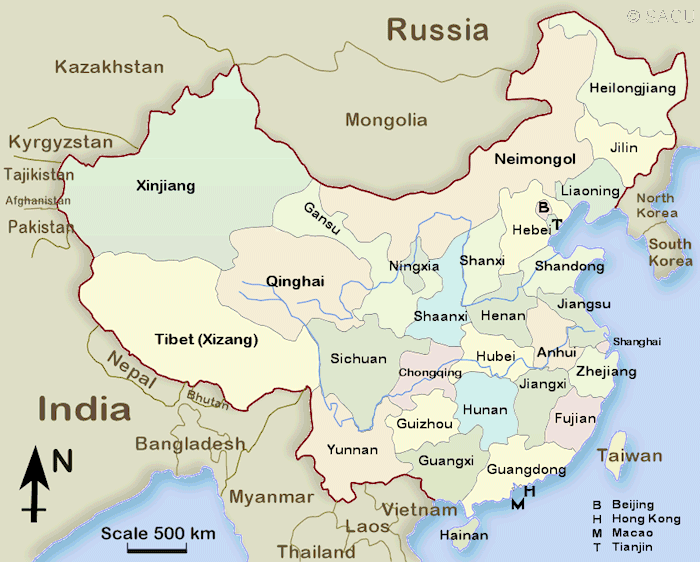
Update: I have become aware of two factual errors in this post. 1.) The THAAD missile system is actually to be operated by the U.S. military (USFK) after all, not the ROK military, as I had heard. (Korean opposition to THAAD makes more sense in this light — as a straightforward revival of anti-USFK political energies that occasionally come up.) …… 2.) The THAAD system is to be fully operational by the end of 2017, not 2016, as I wrote.
Coming new nation: Bak Lee (墨麗) = United Korea + Bak Sioong (墨松);
Bak Sioong (墨松) = Heilongjiang (黑龍江)、 Jilin (吉林)、 Liaoning (遼寧) plus Hulunbuir (呼倫貝爾)、Xing’an (興安) of Inner Mongolia Autonomous Region (內蒙古自治區) :
http://ekey-esir.blogspot.sg/2016/09/blog-post_24.html